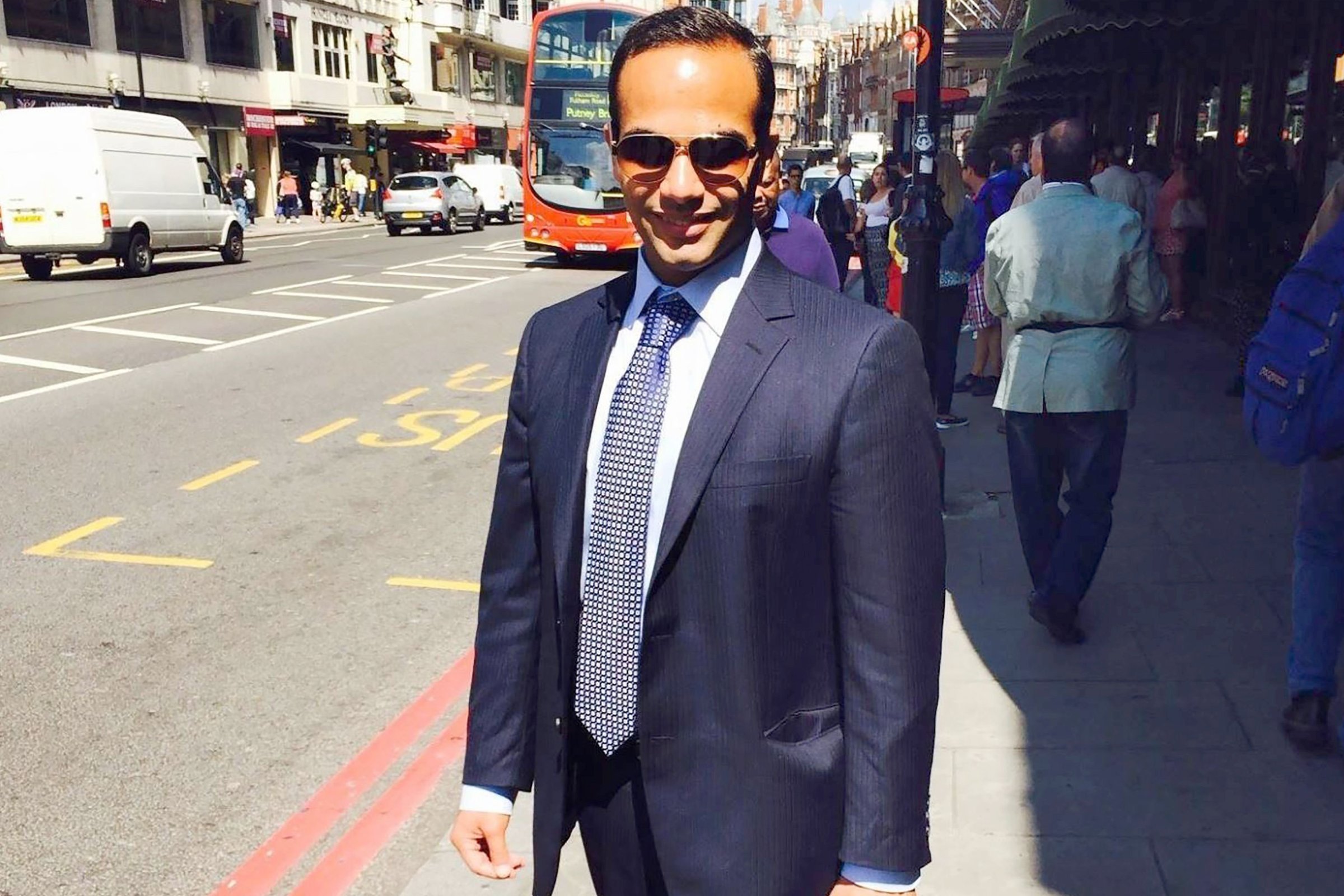
In the summer of 1787, the delegates to the constitutional convention in Philadelphia vigorously debated the question whether the president should be impeachable. James Madison, the wisest of them all, insisted that impeachable was “indispensable,” because the president “might pervert his administration into a scheme of peculation or oppression.”
But the most eloquent was George Mason: “Shall any man be above Justice? Above all shall that man be above it, who can commit the most extensive injustice?” Mason feared “the man who has practised corruption & by that means procured his appointment in the first instance.”
At the same time, the framers of the Constitution wanted to limit the occasions for impeachment. They sought to ensure that the president could not be impeached or removed from office merely because people disagreed with his decisions, or thought that he was foolish, reckless or otherwise doing a terrible job. The idea of “high crimes and misdemeanors” was meant to refer to egregious abuses or misuses of presidential power, such as violations of civil liberties (“oppression”) or corruption (“peculation”).
From the standpoint of the founding generation, this week’s most concerning revelation was the guilty plea of George Papadopoulos. His guilty plea is for false statements to the FBI, which are bad enough. But the real problem is the sordid tale, elaborated in the statement of the offense, of a stream of contacts between a member of Donald Trump’s foreign policy team and the Russian government.
In brief: In March 2016, Papadopoulos was named one of five foreign policy advisers with the campaign. Shortly thereafter, he met with two people, one of them a Russian national introduced “as a relative of Russian President Vladimir Putin with connections to senior Russian government officials.”
As a result, Papadopoulos developed extensive contacts with Russians and Russian officials. Eventually he learned that they had “dirt” on Secretary Hillary Clinton and “thousands of emails.” Numerous conversations followed after that point. In communications with the FBI, Papadopoulos falsely stated that these discussions occurred before he joined the campaign. In short, he lied.
Viewed in light of the founding debates, Papadopoulos’ conduct was traitorous — the kind of conduct that would raise legitimate impeachment questions if it had been undertaken by a candidate personally. Recall George Mason’s words. No aspirant to high office, and no adviser to any such aspirant, should engage with Russian officials about how to obtain “dirt” on a political appointment.
It is important to emphasize that at this time, there is no allegation, and no good reason to think, that Papadopoulos’ unexcellent adventure was coordinated in any way with Trump personally, or with the very highest levels of the campaign. Papadopoulos pled guilty; no one else has done so.
But let’s not lose sight of a crucial fact. This foreign policy adviser did not merely make false statements of fact. He betrayed his country, as well as the generation who fought for it, and founded it.
More Must-Reads From TIME
- The 100 Most Influential People of 2024
- The Revolution of Yulia Navalnaya
- 6 Compliments That Land Every Time
- Stop Looking for Your Forever Home
- If You're Dating Right Now , You're Brave: Column
- The AI That Could Heal a Divided Internet
- Fallout Is a Brilliant Model for the Future of Video Game Adaptations
- Want Weekly Recs on What to Watch, Read, and More? Sign Up for Worth Your Time
Contact us at letters@time.com